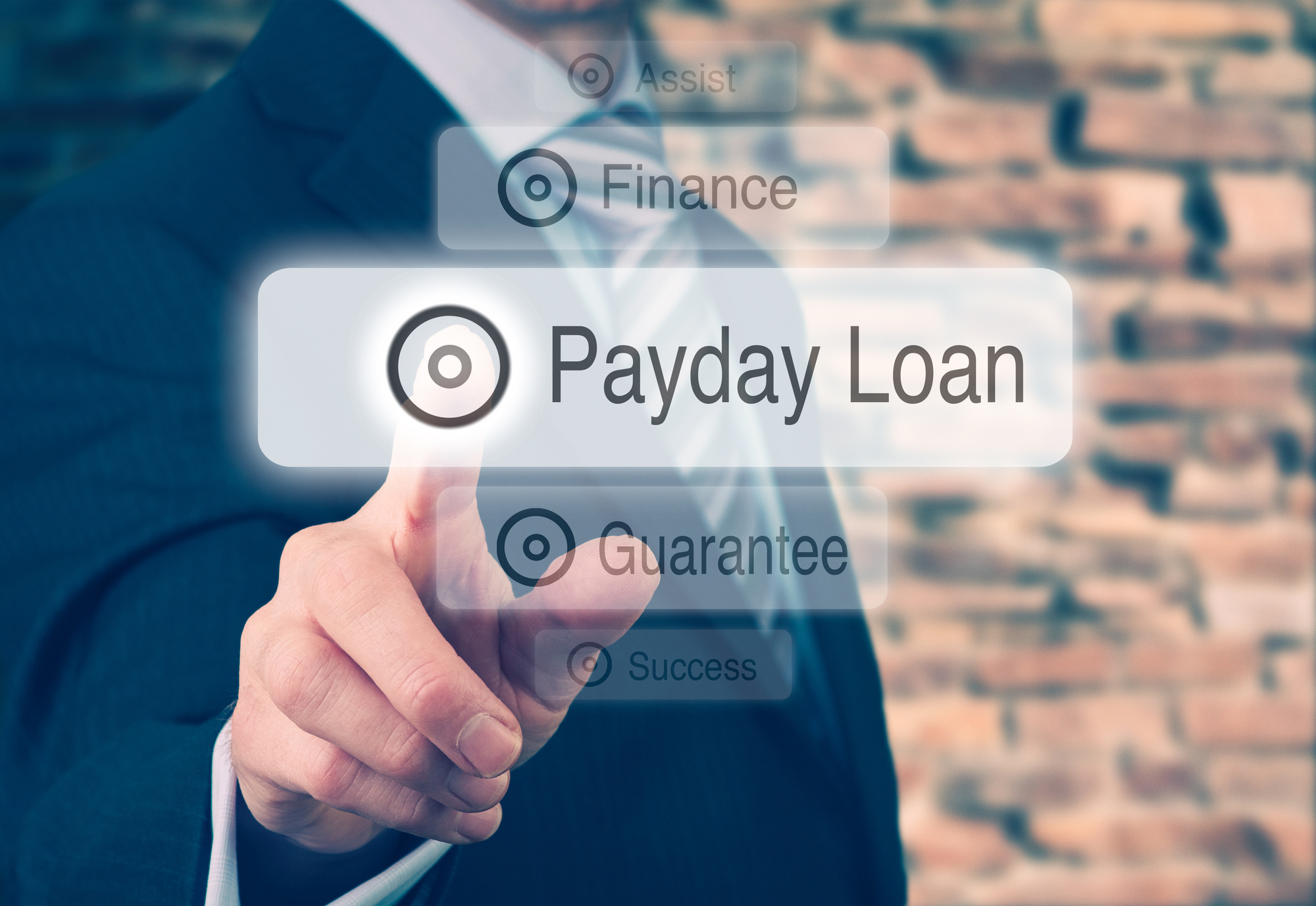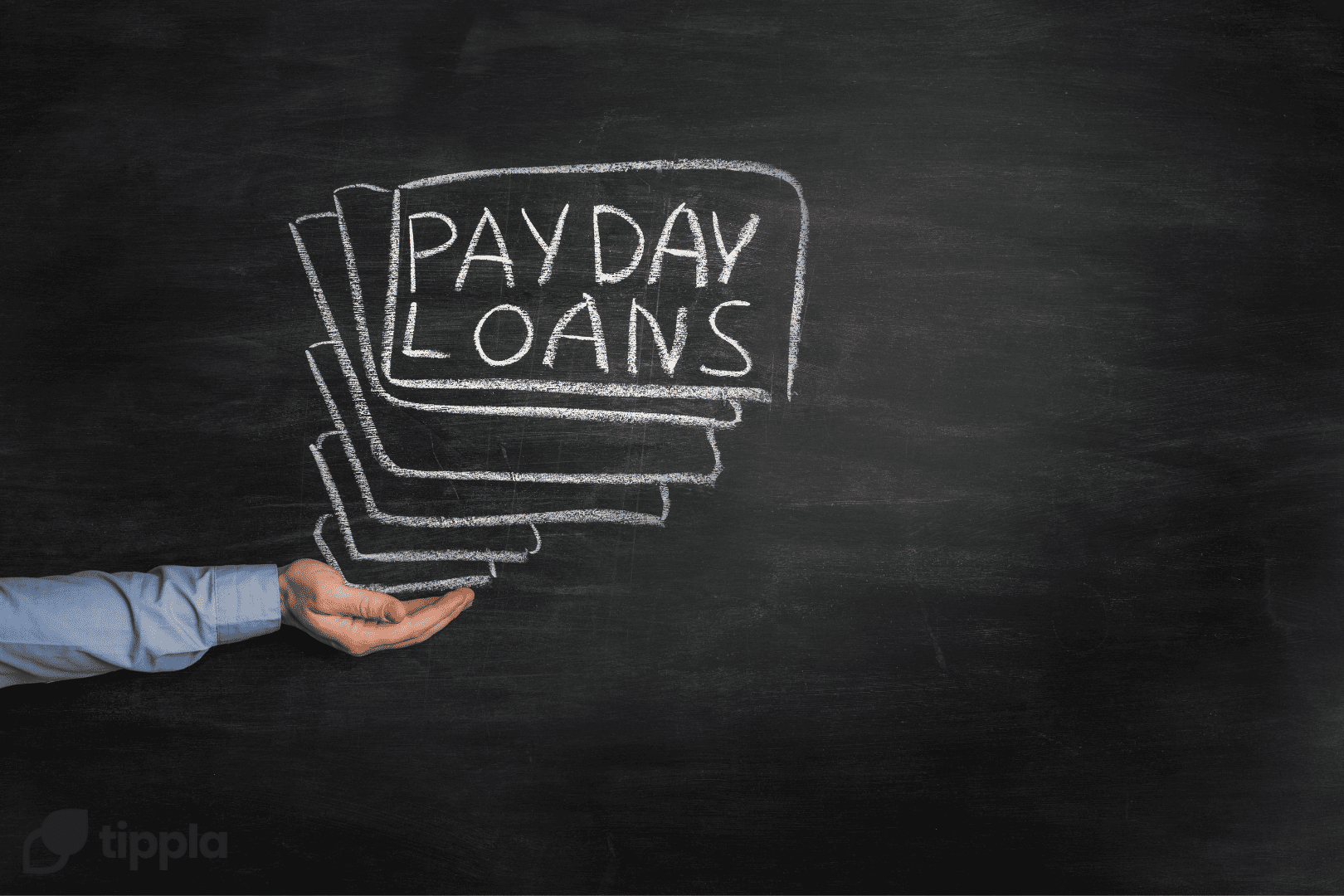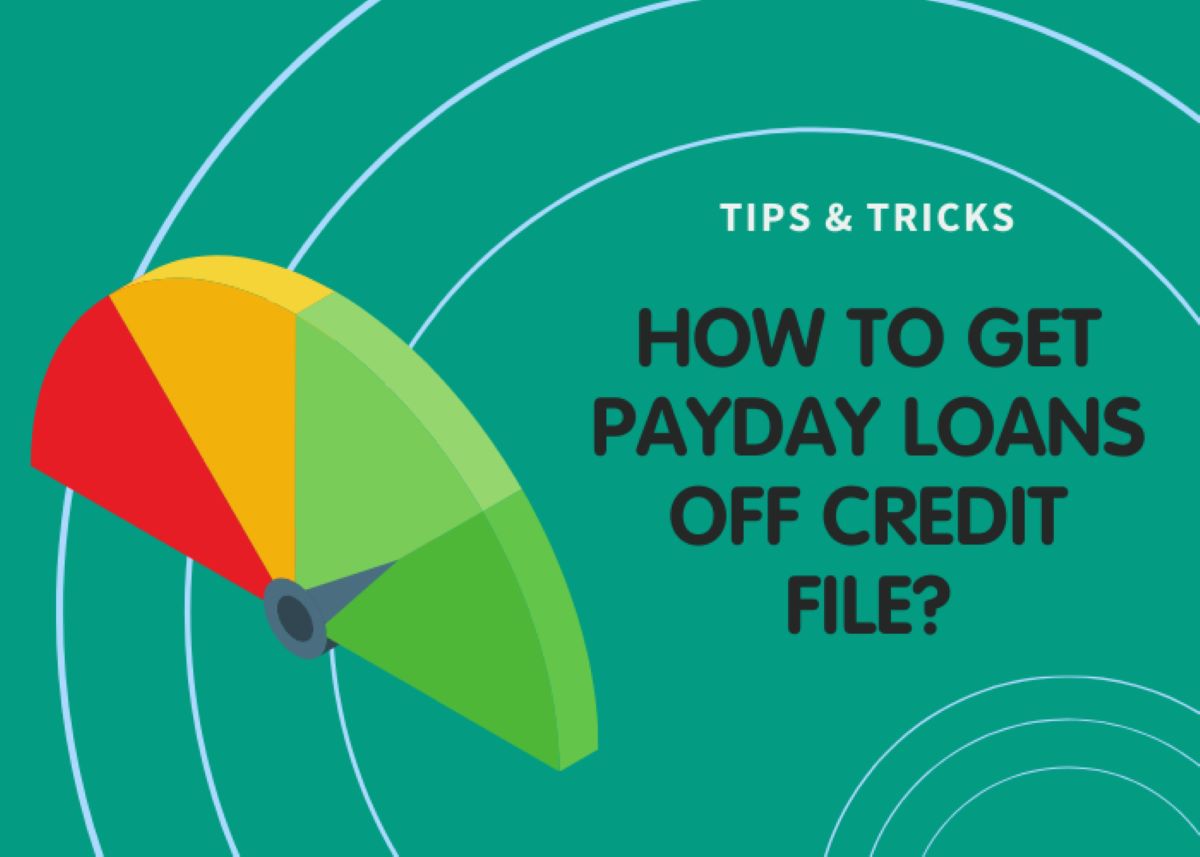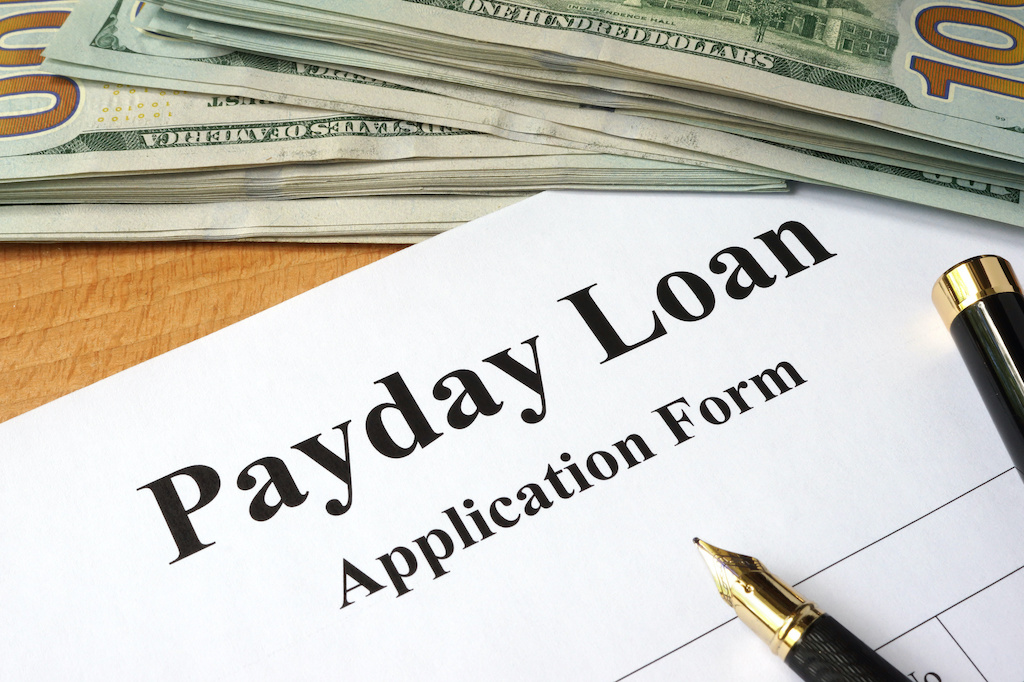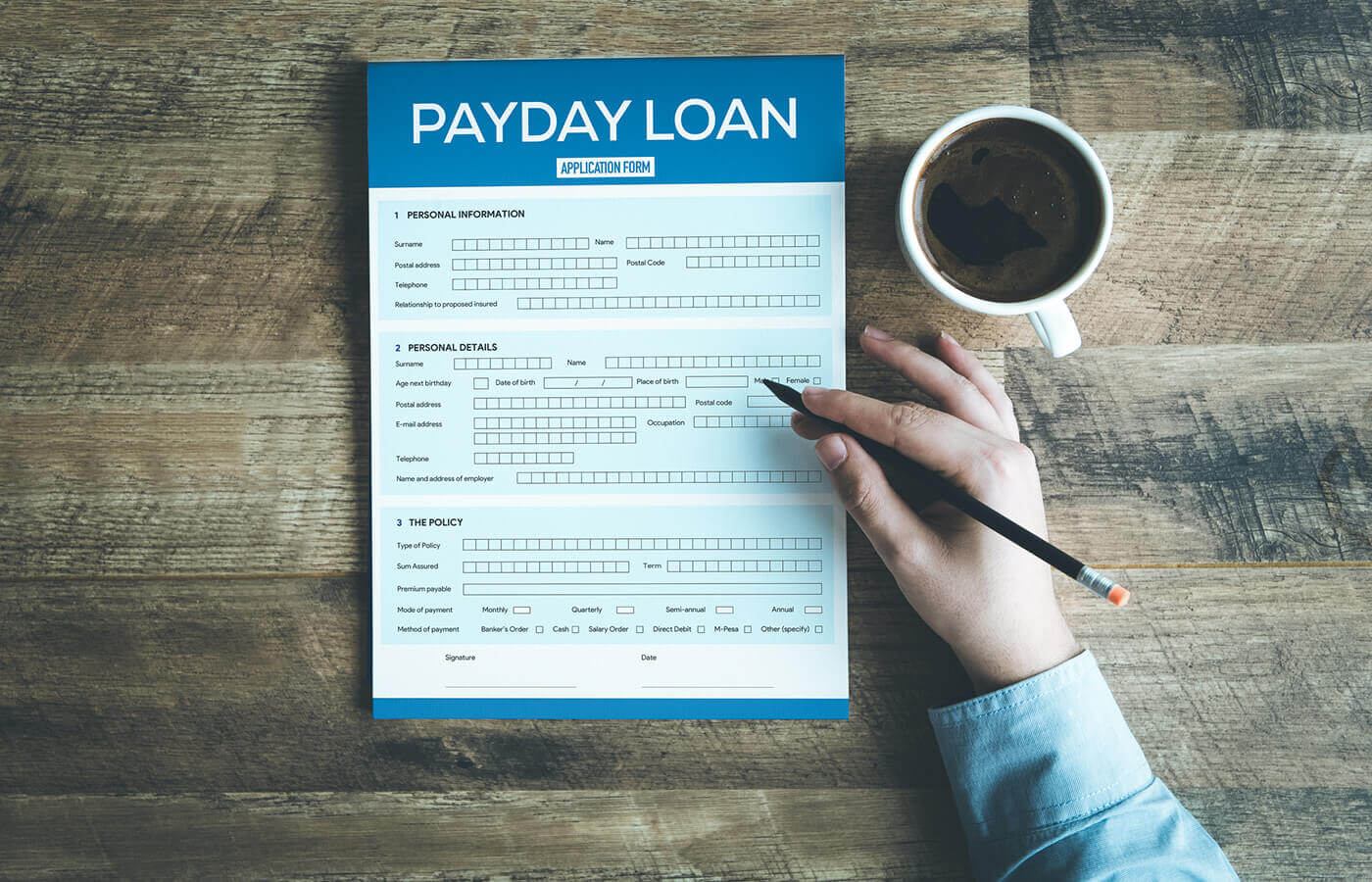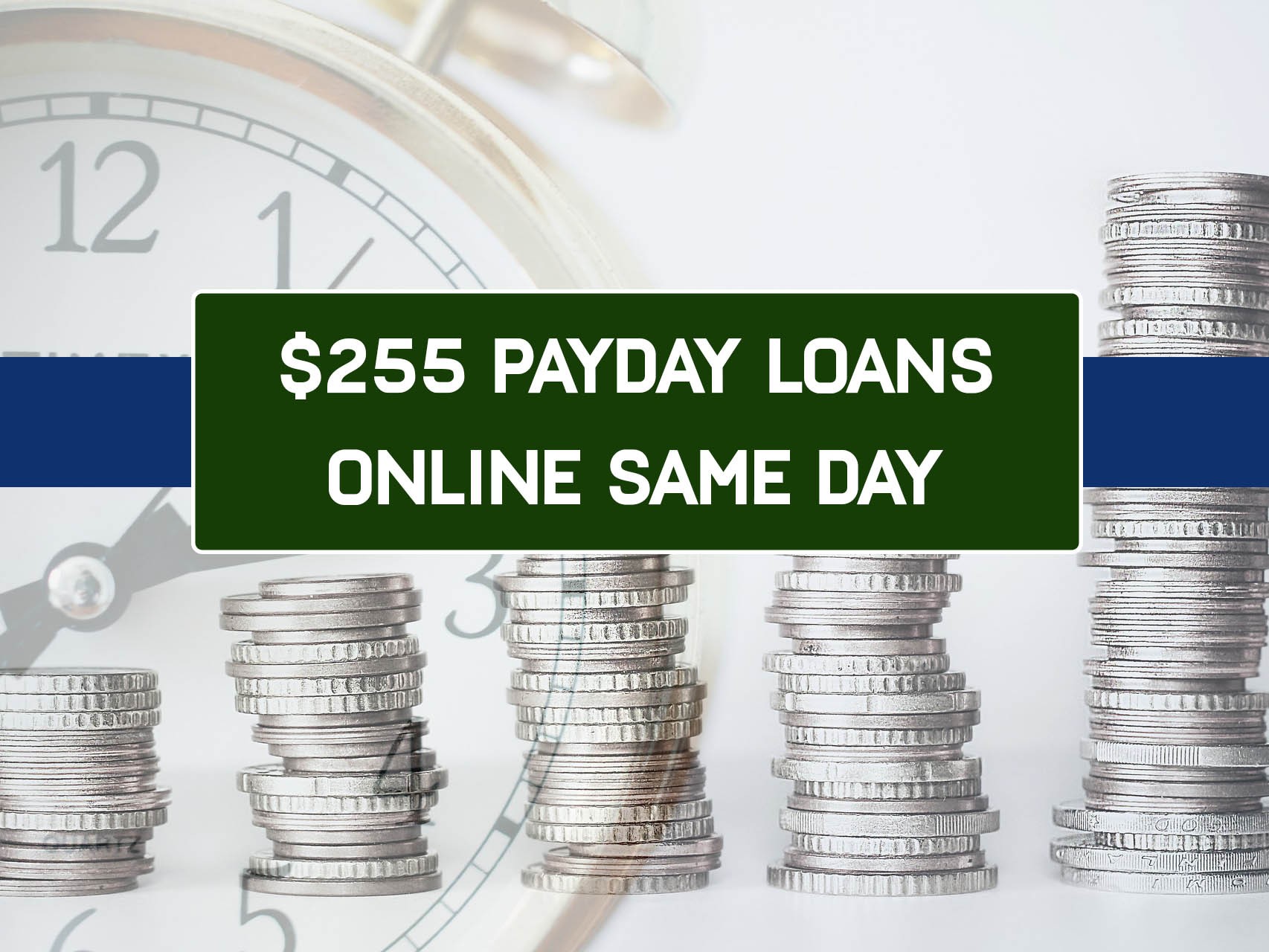Do Payday Loans Check Your Credit

The appeal of payday loans lies in their promise of quick cash, often marketed as a solution for unexpected expenses. However, borrowers frequently wonder about the process involved, especially whether these loans require a credit check.
Understanding the role of credit checks in the payday loan industry is crucial for consumers to make informed decisions about their financial options. This article explores the practices surrounding credit checks by payday lenders and their implications.
The Nuances of Credit Checks in Payday Lending
The key question: Do payday loans check your credit? The short answer is that it's complicated.
While some payday lenders do conduct credit checks, many others do not. The difference lies in the type of credit check they perform and the lending model they employ.
Credit Checks: Hard vs. Soft
There are two main types of credit checks: hard and soft. A hard credit check, also known as a hard inquiry, appears on your credit report and can slightly lower your credit score, particularly if you have several hard inquiries in a short period.
These checks are typically performed when you apply for a credit card, mortgage, or auto loan. A soft credit check, on the other hand, doesn't affect your credit score and isn't visible to other lenders.
Soft inquiries often occur when you check your own credit report or when a lender pre-approves you for an offer.
Payday lenders who perform credit checks are more likely to conduct soft checks, though hard checks are not entirely uncommon, particularly among larger, more established payday loan companies.
Alternative Assessment Methods
Many payday lenders advertise "no credit check" loans. Instead of relying on credit scores, they assess your ability to repay the loan based on other factors.
These factors often include your income, employment history, and bank account information. They may require proof of income, such as pay stubs, and access to your bank statements to verify your financial situation.
These lenders are essentially assessing the risk of lending to you based on your current cash flow rather than your past credit behavior.
The Significance of No-Credit-Check Loans
No-credit-check payday loans can be appealing to individuals with poor or limited credit histories who may not qualify for traditional loans. These loans provide access to funds during emergencies.
However, these loans often come with significantly higher interest rates and fees compared to loans that require credit checks. This is because the lender is taking on a greater risk by lending to someone with a potentially questionable credit history.
The Consumer Financial Protection Bureau (CFPB) has raised concerns about the high cost of payday loans and the potential for borrowers to get trapped in a cycle of debt.
Borrowers should carefully consider whether they can afford to repay the loan on time to avoid accruing additional fees and charges. Failure to repay can lead to further financial hardship.
Potential Impact on Borrowers
The impact of payday loans, regardless of whether they involve a credit check, can be significant for borrowers.
While a no-credit-check loan may seem attractive, the high interest rates and fees can quickly escalate the amount owed. This can lead to a cycle of debt where borrowers are forced to take out additional loans to cover previous ones.
Even if a payday loan doesn't directly impact your credit score through a hard inquiry, failing to repay the loan can have serious consequences.
Lenders may send the debt to a collection agency, which can then report the debt to credit bureaus, negatively impacting your credit score. Furthermore, legal action, such as wage garnishment, is also possible.
Responsible borrowing involves understanding the terms and conditions of the loan and ensuring that you can realistically repay it on time.
Recommendations for Consumers
Before taking out a payday loan, consider exploring alternative options such as borrowing from friends or family, seeking assistance from local charities, or negotiating a payment plan with your creditors.
If you do decide to pursue a payday loan, carefully research different lenders and compare interest rates, fees, and repayment terms. Ensure the lender is legitimate and complies with all applicable state and federal laws.
Read the loan agreement carefully before signing and fully understand the obligations. Create a budget and make sure that you can afford to repay the loan on time without incurring additional charges.
"Payday loans are not a long-term solution for financial problems," warns a representative from the National Foundation for Credit Counseling (NFCC).
If you are struggling with debt, seek professional help from a credit counselor or financial advisor.
Conclusion
The question of whether payday loans check your credit is not a simple yes or no. Some lenders do perform credit checks, while others rely on alternative assessment methods. The key is for borrowers to understand the risks involved and to make informed decisions about their financial options.
While these loans can provide quick access to cash, they often come at a high cost and can lead to a cycle of debt if not managed responsibly. Before considering a payday loan, explore all other available options and ensure that you can afford to repay the loan on time.
Ultimately, responsible borrowing and financial planning are essential for maintaining long-term financial health.
